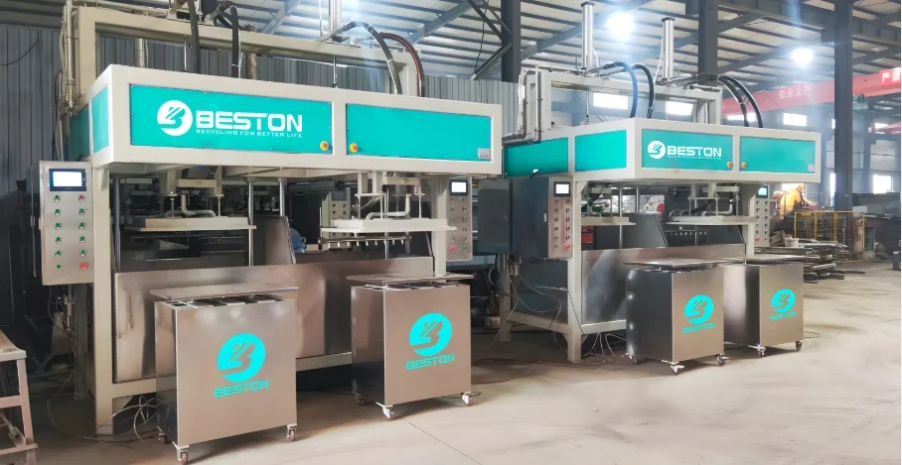The industrial packaging sector is experiencing a paradigm shift toward sustainability as businesses prioritize eco-friendly operations. Industrial packing machines play a pivotal role in this transition, enabling companies to meet environmental goals without compromising efficiency or productivity. By incorporating innovative technologies and sustainable practices, these machines are reshaping the packaging landscape.
Energy Efficiency in Industrial Packing Machines
Modern industrial packing machine is designed with energy efficiency at their core. Advanced systems such as servo motors and intelligent power management minimize energy consumption while maintaining high performance. These technologies allow manufacturers to reduce operational costs and lower their carbon footprint simultaneously.
For example, machines with energy recovery systems capture and repurpose excess energy generated during operation. This reduces overall power usage and contributes to a more sustainable production cycle. Over time, such improvements translate into significant environmental and economic benefits.
Minimizing Material Waste
Excessive material usage is a major contributor to industrial waste. Contemporary packing machines address this challenge through precision engineering and automation. Features such as adjustable sealing mechanisms and programmable material feeders optimize the use of packaging materials, ensuring minimal waste.
Additionally, many machines are now compatible with thinner and recyclable materials, reducing the environmental impact of single-use plastics. By enabling manufacturers to switch to biodegradable or reusable options, these machines align with global efforts to combat plastic pollution.
Incorporating Renewable Materials
Bagasse pulp molding machine is increasingly equipped to process renewable materials, such as paper-based or bio-polymer alternatives. This versatility supports manufacturers in adopting greener packaging solutions, reducing dependency on traditional plastics.
Furthermore, some machines are capable of working with hybrid materials, allowing for the integration of sustainable components without sacrificing structural integrity. This adaptability enables businesses to cater to environmentally conscious consumers while maintaining product safety and durability.
Reducing Emissions Through Automation
Automation not only enhances productivity but also contributes to sustainability by reducing emissions. Similarly, automatic egg tray making machine streamline operations, eliminating inefficiencies that can lead to increased energy use and waste. For instance, advanced control systems can precisely regulate temperature and pressure, ensuring optimal resource utilization during every production cycle.
Moreover, automation reduces reliance on transportation for raw materials and semi-finished products, as higher production efficiency allows for localized manufacturing. This minimizes greenhouse gas emissions associated with logistics and supply chains.
Recycling and Circular Economy Integration
Many paper tray forming machine is now designed to support circular economy principles. They enable the reuse and recycling of packaging materials, promoting closed-loop systems. Machines that separate, shred, or reprocess packaging waste on-site are becoming increasingly common, helping businesses reduce landfill contributions.
By integrating recycling capabilities directly into production workflows, companies can lower waste disposal costs and improve sustainability metrics. This approach fosters a culture of environmental stewardship while enhancing operational efficiency.
Sustainable Maintenance Practices
Sustainability extends beyond production to include machine maintenance. Regular upkeep of industrial packing machines ensures optimal performance, reducing energy consumption and extending equipment lifespan. Using eco-friendly lubricants, scheduling preventive maintenance, and minimizing downtime all contribute to greener operations.
Conclusion
Sustainable industrial packing machines are transforming packaging processes, making them more energy-efficient, waste-conscious, and environmentally friendly. By embracing innovations that reduce material use, support renewable resources, and enhance recycling, businesses can significantly lower their environmental impact. These advancements not only address ecological concerns but also offer competitive advantages in a marketplace increasingly driven by sustainability.


